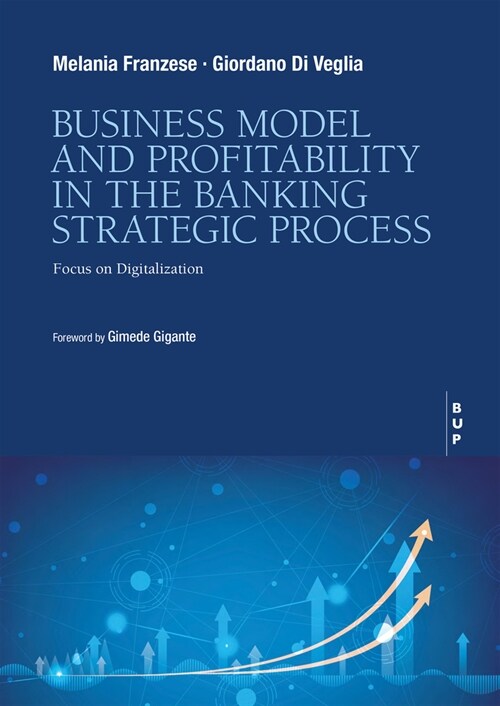The Financial Conduct Authority (FCA) has brought charges against nine individuals in relation to an unauthorised foreign exchange trading scheme promoted on social media. Emmanuel Nwanze has been charged with running an unauthorised investment scheme and issuing unauthorised financial promotions. The FCA alleges that, between 19 May 2018 and 13 April 2021, Mr Nwanze and Holly Thompson used an Instagram account (@holly_fxtrends) to provide advice on buying and selling contracts for difference (CFDs) when they were not authorised to do so. CFDs are a high-risk investment product used to bet on the price of an asset, in this case the price of foreign currencies. The FCA also alleges that Mr Nwanze paid Biggs Chris, Jamie Clayton, Lauren Goodger, Rebecca Gormley, Yazmin Oukhellou, Scott Timlin and Eva Zapico to promote the @holly_fxtrends Instagram account to their millions of Instagram followers. Ms Thompson, Mr Chris, Mr Clayton, Ms Goodger, Ms Gormley, Ms Oukhellou, Mr Timlin and Ms Zapico each face one count of issuing unauthorised communications of financial promotions. Continue reading…
The message is clear: organisations must be held accountable for their social and environmental footprint. Therefore, it’s inevitable that speaking up becomes the next social…
Download whitepaper














